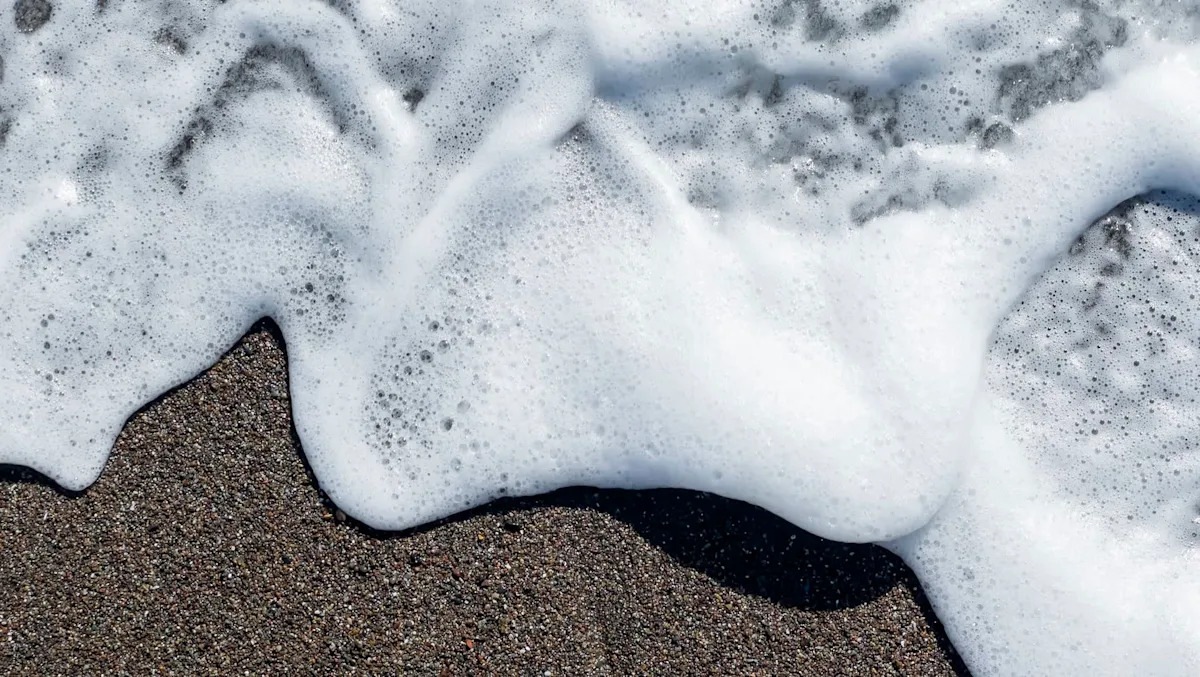Home / Environment / Toxic "Forever Chemicals" Discovered in Coastal Sea Foam
Toxic "Forever Chemicals" Discovered in Coastal Sea Foam
20 Oct
Summary
- Sea foam found to contain dangerously high levels of PFAS
- PFAS concentrations in foam much higher than in water itself
- Exposure to contaminated foam poses risks to people and ecosystems

According to a study published in October 2025, researchers have found that the sea foam commonly seen along global coastlines can contain dangerously high levels of PFAS, or "forever chemicals." The study, conducted by researchers in North Carolina, focused on sea foam samples collected from 13 locations along the state's Cape Fear River and Atlantic Ocean coast.
The initial samples revealed PFAS levels in the sea foam that were considerably higher than the maximum limits set by the Environmental Protection Agency for drinking water. Further testing confirmed these elevated PFAS concentrations, with the researchers discovering that the levels of certain PFAS were much higher in the sea foam than in the water itself - sometimes by a magnitude of thousands.
"Monitoring these coastal environments is critical because contact with contaminated foam could pose unexpected risks to people and ecosystems," said study author Jeffrey Enders.
PFAS, which can take hundreds or thousands of years to break down, are widely used in the manufacturing of various products, including nonstick cookware, stain-resistant clothing, and cosmetics. Their ubiquity in manufacturing has led to PFAS becoming pervasive in the environment, with previous studies finding that ocean spray puts at least as much of these forever chemicals into the air as all industrial polluters combined.
This latest research serves as a stark reminder of the extent of pollution and chemical contamination in our oceans, underscoring the need for greater vigilance and action to address this pressing environmental issue.




